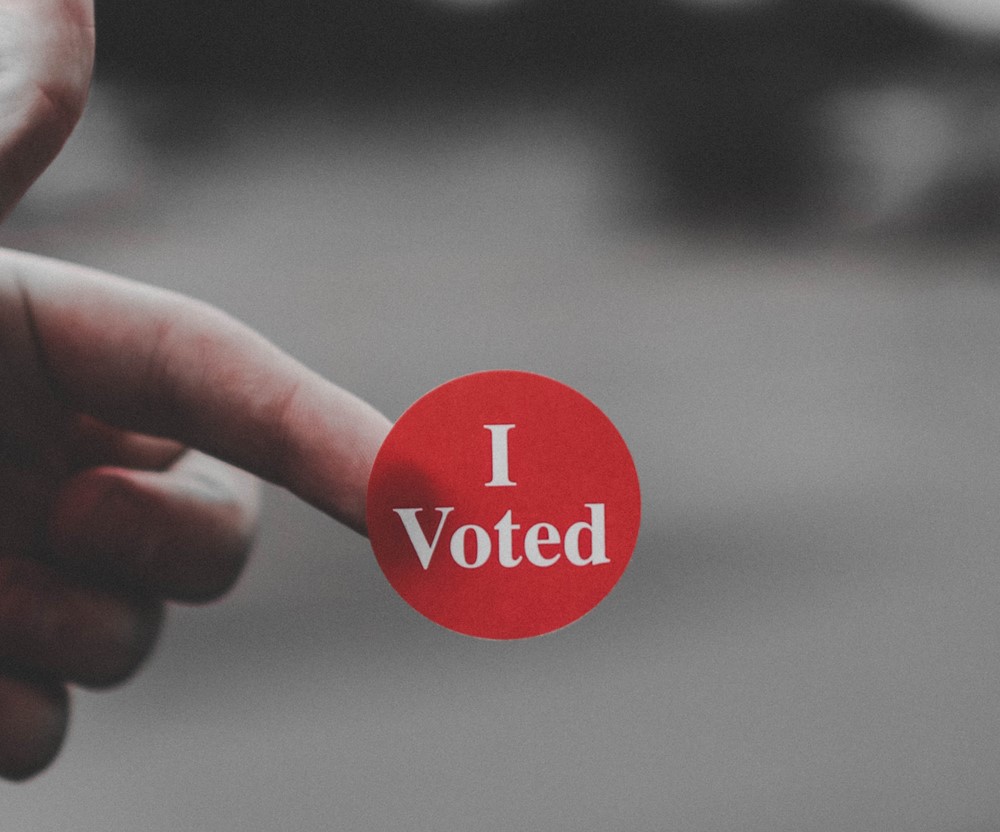
POLITICS 101 FOR YOUNG WOMEN PART 3
What needs to change
Categories
- Thought Leadership
- Community
We all know that youth voting participation has historically been low. In fact, it’s been so low for so long that we’ve come to assume youth apathy is inevitable when it comes to elections.
And while there’s been a great deal of media hype around the youth movement behind Bernie Sanders in the US and Jeremy Corbyn in the UK, in NZ only 69% of those enrolled to vote between the ages of 18 - 24, voted in the 2017 general elections. That’s at least 10% lower than those in the demographics of 45+.
The most commonly assumed reasons that young people vote is a general sense of youthful apathy.
And, ever since Socrates complained in 400 BC about young people these days’ idleness, it’s been easy to assume that young people don’t vote because they’re lazy. But the issues behind young people’s general lack of enthusiasm are far more wide reaching than simply not being arsed.
First off, as many Kiwi journalists have pointed out, there are structural problems about the way the postal vote system is set up that disproportionately advantage older voters. The fact that we’re systematically removing post offices and boxes from communities is an obvious flaw. But there’s also the issue that younger voters are more likely to move several times in the period of 3 years as they change rentals, whereas families or older people who own houses and have lived there all their lives aren’t going to have change of address mail problems.
But there’s also a sense of youth cynicism that unites many younger generations in an apathy or even distrust towards the system of voting. As youth voting advocate Laura O’Connell Rapira points out, there is high levels of distrust towards the Crown and systems of governance especially among Māori youth as a legacy of colonialism. When this is combined with an already present youth cynicism towards established methods of democracy, and a preference for methods of more direct change eg. buying Fairtrade goods, it combines into a deeply held sense of cynicism that voting can make any difference in the lives of young Kiwis.
And on a personal note, many young women feel that the issues we’ve long struggled with (safe access to abortion, funding for period products, or the pink tax to name a few) have never exactly been a priority with governments. And it’s only really been in 2020, conveniently an election year, that we’ve seen the beginnings of political parties starting to notice and address many of these issues. It’s not a super inspiring track record to get behind when thinking about voting in the election.
Until we start addressing the underlying issues that prevent young people, and especially young women from voting, we’ll never be able to do anything about the low rates of voter engagement. It’s not enough to simply label young people as lazy, but rather working to address the systemic, underlying, deeply held reservations many young people have about voting.
Other Stories you might like



